Keynote Speakers
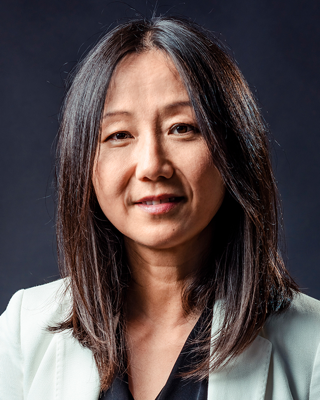
Zhenan Bao
Stanford University
Engineering skin-like soft electrical interface with biological systems
5-May 16:00 – 17:00
Zhenan Bao is Department Chair and K.K. Lee Professor of Chemical Engineering, and by courtesy, a Professor of Chemistry and a Professor of Material Science and Engineering at Stanford University. Bao founded the Stanford Wearable Electronics Initiate (eWEAR) in 2016 and serves as the faculty director. Prior to joining Stanford in 2004, she was a Distinguished Member of Technical Staff in Bell Labs, Lucent Technologies from 1995-2004. She received her Ph.D in Chemistry from the University of Chicago in 1995. She has over 500 refereed publications and over 65 US patents with a Google Scholar H-Index >160. Bao is a member of the National Academy of Engineering and the National Academy of Inventors. She is a Fellow of MRS, ACS, AAAS, SPIE, ACS PMSE and ACS POLY.
Bao was selected as Nature’s Ten people who mattered in 2015 as a “Master of Materials” for her work on artificial electronic skin. She was awarded the inaugural ACS Central Science Disruptor and Innovator Prize in 2020, the Gibbs Medal by the Chicago session of ACS in 2020, the Wilhelm Exner Medal by Austrian Federal Minister of Science 2018, ACS Award on Applied Polymer Science 2017, the L’Oréal-UNESCO For Women in Science Award in the Physical Sciences 2017, the AICHE Andreas Acrivos Award for Professional Progress in Chemical Engineering in 2014, ACS Carl Marvel Creative Polymer Chemistry Award in 2013, ACS Cope Scholar Award in 2011, the Royal Society of Chemistry Beilby Medal and Prize in 2009, the IUPAC Creativity in Applied Polymer Science Prize in 2008.
Bao is a co-founder and on the Board of Directors for C3 Nano and PyrAmes, both are silicon-valley venture funded start-ups. She serves as an advising Partner for Fusion Venture Capital.
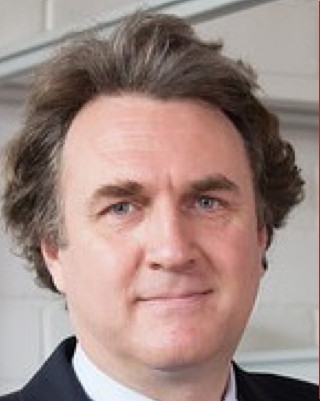
Andrea d'Avella
University of Messina, Italy
Challenges and new approaches to study the control and learning of real-life motor skills
5-May 13:00 – 14:00
Andrea d’Avella, obtained a B.Sc. in Physics at the University of Milan, and a Ph.D. in Neuroscience at the Massachusetts Institute of Technology in 2000. In 2003 he joined the Laboratory of Neuromotor Physiology at Fondazione Santa Lucia, Rome, Italy. Since 2015 he is Professor of Physiology in the Department of Biomedical, Dental Sciences and Morphofunctional Imaging at the University of Messina, Italy. His research over the years has focused on different aspects of motor control, in healthy subjects and after neurological lesions. Current interests include muscle synergies and motor skill learning, inter-individual differences in real-life motor skills such as catching and throwing, applications of myoelectric control and virtual reality to neurorehabilitation.
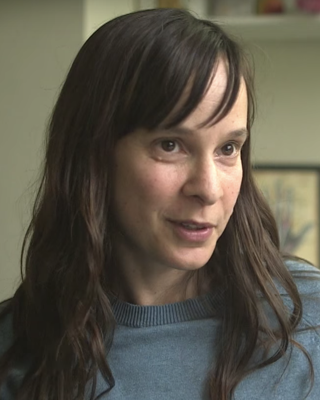
Tamar Makin
University College, London, UK
Integrating artificial limbs with the biological body: a cognitive neuroscience perspective
4-May 13:00 – 14:00
Tamar Makin is a Professor of Cognitive Neuroscience at the University College London, UK and leader of the Plasticity Lab www.plasticity-lab.com. Her main interest is in understanding how our body representation changes in the brain (brain plasticity). Her primary model for this work is studying individuals with a hand loss. Tamar graduated from the Brain and Behavioural Sciences programme at the Hebrew University of Jerusalem in 2009. She was then awarded several career development fellowships to establish her research programme on brain plasticity in amputees at the University of Oxford, first as Research Fellow and later as a Principle Investigator. In 2016 Tamar joined the faculty of UCL to continue this work. She is currently supported by the European Research Council (Starting Grant) and the Wellcome Trust (Senior Research Fellow).
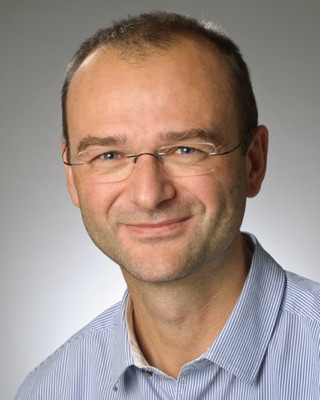
Tobias Moser
University Medical Center, Göttingen, Germany
Towards the Optical Cochlear Implant: Optogenetic Stimulation of the Auditory Pathway
4-May 16:00 – 17:00
Prof. Dr. Tobias Moser, is a neuroscientist, otologist, and audiologist at the Göttingen Campus. Since 2015, he directs the Institute for Auditory Neuroscience at the University Medical Center Göttingen and leads research groups at the German Primate Center and the Max-Planck-Institutes for Biophysical Chemistry and Experimental Medicine. His main areas of research are synaptic coding and processing of auditory information as well as innovative approaches to the restoration of hearing in the deaf.
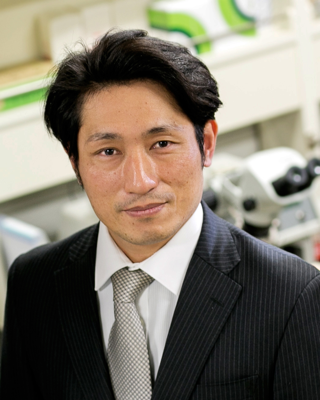
Tsuyoshi Sekitani
Osaka University, Japan
Ultra flexible elastic integrated circuit system for comprehensively monitoring brain activity
6-May 13:00 – 14:00
Tsuyoshi Sekitani, Professor at Osaka University, Professor Tsuyoshi Sekitani received his B.S. from Osaka University in 1999, and Ph.D. from the Department of Applied Physics, School of Engineering, at the University of Tokyo, Japan, in 2003. From 2003 to 2010, he was an Assistant Professor, and in 2011, he was an Associate Professor in the School of Engineering at the University of Tokyo. In 2014, he was made a Full Professor in The Institute of Scientific and Industrial Research at Osaka University. In 2017, he was awarded as the title of Osaka University Distinguished Professor. From 2019, he is playing a leading role in the research intensification of Osaka University as an Executive Assistant to the President of Osaka University. As the chairperson of the Young Researcher Committee of the Engineering Academy of Japan, he has been providing recommendations on science and technology policies to government organizations and related ministries and agencies. He was awarded as “Highly Cited Researchers” (The World’s Most Influential Scientific Minds) from Thomson Reuters in 2014, and from Clarivate Analytics in 2018, IEEE Paul Rappaport Award in 2009 and 2010.
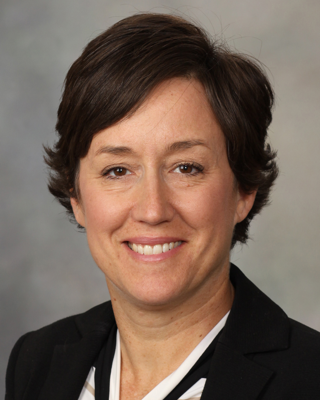
Kristin Zhao
Mayo Clinic
Neurorehabilitation and Spinal Stimulation for Recovery of Motor Functions in Individuals with Complete Spinal Cord Injury
6-May 16:00 – 17:00
Kristin Zhao, Ph.D., is the Director of the Assistive and Restorative Technology Laboratory in the Rehabilitation Medicine Research Center at Mayo Clinic and the Director of the Spinal Cord Injury Research Program. She has a background in physics, biomechanics, and rehabilitation science. Dr. Zhao uses innovative technologies, device fabrication and imaging methods to investigate pathogenesis related to the musculoskeletal system. The long-term goal of Dr. Zhao’s research team is to develop and use diagnostic tools to enable earlier diagnosis, prescribe effective interventions for individuals with disabilities and diseases, and assess outcomes. Dr. Zhao’s team consists of physicians, nurses, therapists, engineers and administrative staff who collaborate with external and internal investigators. Dr. Zhao’s research focus is on the development of assistive technologies across the lifespan, as well as the integration of novel technologies to address issues such as spinal cord injury, upper limb loss, osteoarthritis, and neuromuscular diseases. Additionally, Dr. Zhao’s team is interested in including analyses of sex differences and alleviating health disparities while addressing important translational questions. Dr. Zhao’s research is funded by various organizations, including the Neilsen Foundation, the Jack Jablonski Bel13ve in Miracles Foundation, National Institutes of Health, Department of Defense, and the Mayo Foundation.
